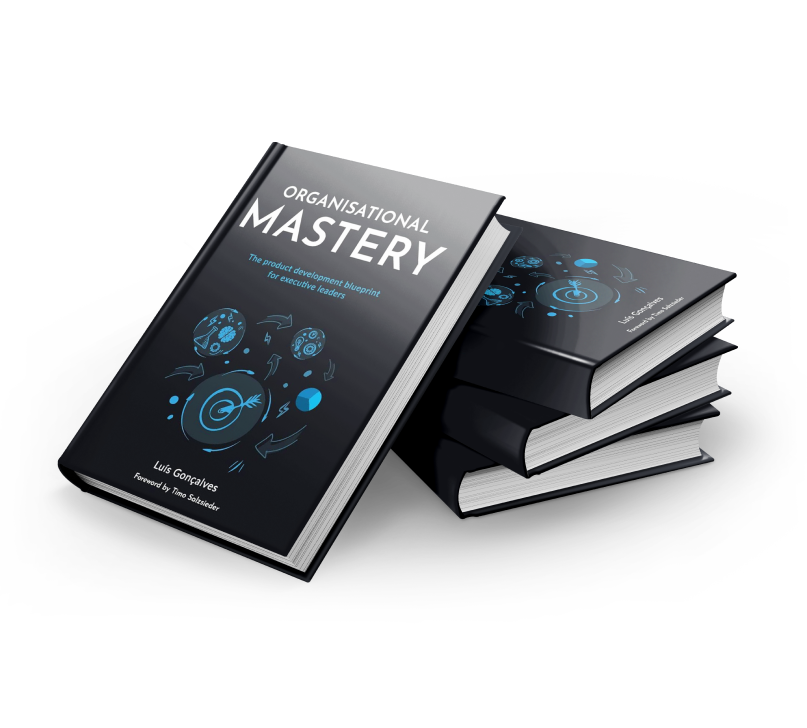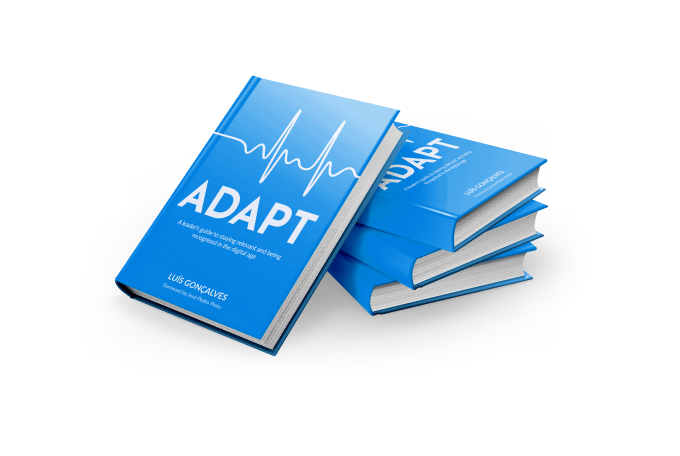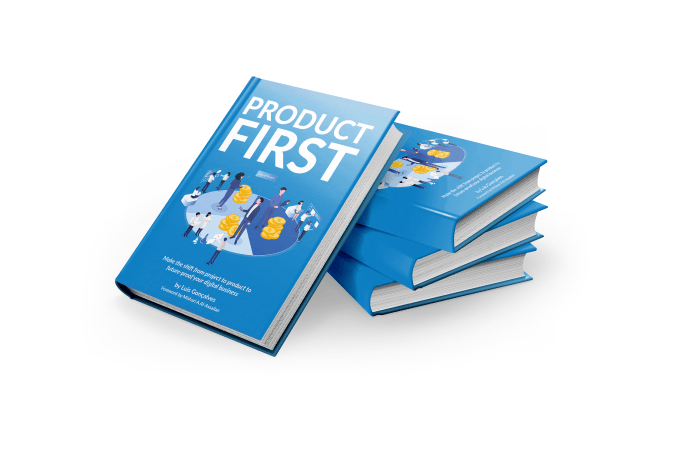Share this
How Communities of Practice Develop Your Workers Skills?
by Luis Gonçalves on Jan 13, 2024 5:53:57 AM
How Communities of Practice Develop Your Workers Skills?
You’ve probably envisioned of it a couple of times; seeing your employees initiating to be better in the job they do.
[sc_pathway pathway_title="COMMUNITIES OF PRACTICE GUIDE" pathway_description="A guide to help executives to understand how Communities Of Practices can generate new lines of products or services, spread best practices among employees and help companies to find and retain talent!" pathway_button_text="Download The Guide Now!" pathway_button_url="https://app-eu1.hubspot.com/documents/25308803/view/526642813?accessId=bf3d70?utm_source=ADAPT_Blog&utm_medium=CTA_Box&utm_content=Top_Box&utm_campaign=COP_Guide" /]
With the current setting and company culture that you have now, you’re probably thinking that it’s elusive to provide continuing skill training to your employees without them seeing it as another “tasks”.
This is where communities of practice step in. Communities of practice have become even more popular these days especially in the business world as a major tool for knowledge sharing and transfer.
The effective management of knowledge is regarded as a critical ingredient for companies seeking to ensure their strategic competitive advantage.
In this post, we explore knowledge management as the main benefit of communities of practice and how this framework can be used to drive workers’ skills and boost their performance.
Communities of Practice as Knowledge Management Tool
Communities of practice, in the very essence, are the most natural way in which knowledge is managed within an organisation.
That is simply because they form naturally, starting as informal groups of practitioners or professionals who share common concerns, problems, goals and interests.
Within your company, they might begin as a group of your IT employees who interact regularly to tackle daily problems they encounter at work, or a group of data analysts who are looking for better ways gather insights.
During such interactions, these communities gain knowledge as they exchange best practices, listen to each other’s stories, collaborate and brainstorm, and carry out projects.
Even with less supervision and encouragement from their superiors, communities of practice can freely exchange knowledge that enhances their skills.
Their interactions can happen in any form, from face-to-face conversations or virtual communication (chat, video conferences, or emails).
And that solves your problem about helping your employees grow skill-wise. Communities of practice leverage our natural instinct to socialise and with these interactions we exchange information to accomplish our specific goals.
This can be the generalisation but let’s dive deeper on how CoPs can actually make a difference in your company.
How CoPs Can Benefit Your Staff
Sure – communities of practice have many advantages to your organisation. And one of them is developing your workers’ skills. In what ways? Here are the details:
Sharing Best Practices
One of the greatest features of communities of practice is that it drives organisational performance through sharing of best practices.
With CoPs, the exchange of best practices come so naturally as members interact and discuss matters relating to their work.
In the marketing department of a company, for example, team members may regularly hold informal huddles wherein everyone shares about their past experience, how they were able to overcome similar hurdles, what strategies worked and didn’t work in various situations, and so on.
In a case study published in 2010 in the Human Resources for Health Journal, online CoPs in particular, was found to be a useful interface for sharing best practices.
It is a great way for people working in the same team, company or industry focus on various professional competencies that drive their performance, such as communication, leadership, teamwork, cultural sensitivity and problem-solving.
Driving Employee Engagement
Employee engagement is a critical factor to consider for companies seeking to drive productivity and boost organisational performance.
A highly engaged employee will always do the extra mile to contribute to the company.
Even if that means working overtime for a few days or weeks or taking on extra tasks. He does it all not only because he is being paid, but more importantly because he finds value in his role and he cares for the company he works for.
Healthy CoPs are built from the foundations of personal relationships, networking, shared knowledge, and common interests.
Not only do members gain knowledge and learn best practices from their peers, they also develop a strong bond with them, which makes their life in the workplace more desirable.
It makes work easier too, considering the fact that they have access to expertise in times of technical problems, as well as social support.
Promoting a Positive Company Culture
In a survey involving 10,000 respondents, Dapulse Alternative, a project management software developer, asked what makes people happy at work. Surprisingly, the salary was not part of the top answers.
What aced in the survey is working for a company that has the culture they want to be part of. Companies these days constantly offer various perks and benefits to retain their employees, from free meals to extra vacation time and wellness programs.
But at the end of the day, it’s how they feel personally valued in the workplace that makes employees happy.
Communities of practice are among the many management tools that help shape a company’s culture, particularly knowledge culture.
CoPs create a learning culture wherein the organisation values, enables, rewards, and uses the learning of its members, both individually and collectively.
How to Make the Most of CoPs
But in order for your communities to be even more effective, they require nurturing from your company.
They need support, guidance and encouragement particularly from the management end (You) in order for them to collaborate effectively and promote knowledge sharing and transfer.
Below are some of the best practices that many organisations follow in empowering CoPs to drive workers’ skills:
- Define a clear purpose. While CoPs begin as informal networks of people in the same practice, helping them create some sort of a structure is definitely helpful, especially when an organisation seeks to cultivate CoPs for certain purposes.
- Assign a facilitator or community leader. This person will be the go-to resource for members. He or she will foster the growing participation of the community members. Appoint someone who is known as a subject matter expert and who is widely recognised for his work and contributions to the practice.
- Acknowledge varying levels of participation. A community of practice works best when there is a good mix of participants – active listeners, subject matter experts, and learners.
- Provide support. Give them the tools and resources they need, such as an online platform that makes communication easy, and a place or venue where they can meet and collaborate face to face.
- Promote the CoPs. Let everyone in the organisation know about the existence of CoPs and its key stakeholders so they will know who to contact in case they wish to join the community.
- Enable CoPs to grow and mature over time.
Communities of practice are no doubt one of the best organisational tools that can help drive employee performance.
It does it in many different ways, such as sharing of best practices, driving employee engagement, and promoting a positive company culture.
But in order for them to be effective, they have to be nurtured and sustained. And that falls straight on your plate.
If you want to know more about how you can leverage this self-organising learning mechanism for your employees, we invite you to take our free Organisational Mastery Test. It will only take you less than five minutes to understand how your company can benefit from this framework.
We provide Team Coaching, Agile Training, and Agile Consulting, OKR Training, OKR Consulting, Innovation Training and Innovation Consulting.
With my team, I built 5 main products: High Performing Teams, Scrum Team Coach, Scrum Master Mentoring, Organisational Mastery and the External Business Accelerator.
To check all our products and services please visit our pages: Products and Services.
[sc_pathway pathway_title="COMMUNITIES OF PRACTICE GUIDE" pathway_description="A guide to help executives to understand how Communities Of Practices can generate new lines of products or services, spread best practices among employees and help companies to find and retain talent!" pathway_button_text="Download The Guide Now!" pathway_button_url="https://app-eu1.hubspot.com/documents/25308803/view/526642813?accessId=bf3d70?utm_source=ADAPT_Blog&utm_medium=CTA_Box&utm_content=Bottom_Box&utm_campaign=COP_Guide" /]
Share this
- Scrum (14)
- Agile Methodologies (13)
- Product Mindset (11)
- Project To Product (10)
- Communities Of Practice (8)
- Knowledge Sharing (8)
- Time To Market (8)
- Continuous Improvement (5)
- OKRs (5)
- Product Strategy (5)
- Strategy (5)
- Product Discovery (4)
- Product Owner (3)
- Technical Excellency (3)
- Innovation (2)
- Scrum Master (2)
- Team Building (2)
- Cost Of Delay (1)
- Design Thinking (1)
- Google Design Sprint (1)
- Lean Budgeting (1)
- Lean Change Management (1)
- Organisational Impediments (1)
- Product Metrics (1)
- Product Roadmaps (1)

Organisational Mastery
Get your free copy

ADAPT
Get your free copy

Product First
Get your free copy

Scorecard
Take The Test

